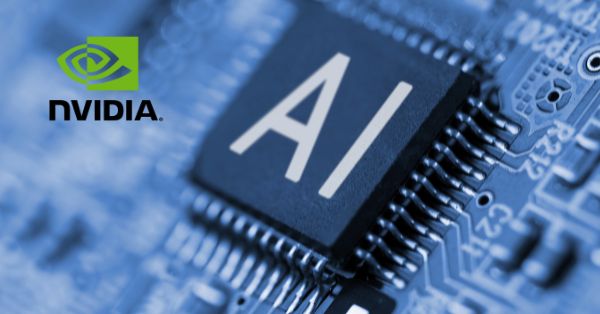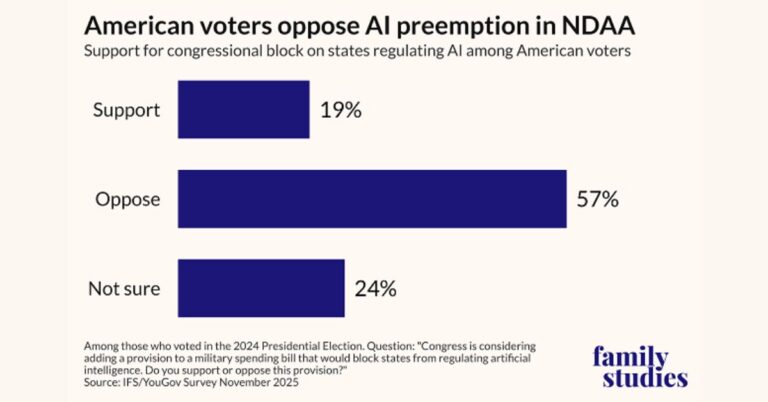Pine AI is an innovative AI assistant designed to manage customer support communications on behalf of consumers (Introduction Video). The platform automatically resolves complex issues such as bill negotiations, disputes, complaints, and appeals—tasks that have traditionally required direct interaction with a customer service representative. Pine AI has recently launched its service in the U.S.
The debut of Pine AI comes at a time when the inefficiencies of conventional customer service models are more apparent than ever.
Stanley Wei, the founder and CEO of Pine, shared the inspiration behind creating the platform: “Our journey began with a personal experience that was all too familiar—a frustrating credit card dispute with a bank that took over 1.5 hours to resolve. That moment sparked the idea for Pine AI, an AI agent designed to help consumers resolve complex customer service communication automatically.” Stanley used to work as CSO & COO of Agora Inc. (Nasdaq: API) and an investor in Hillhouse Capital investing in AI. Other team members come from Byte Dance, Microsoft, and Agora.
One of Pine AI’s most impactful use cases is assisting with health insurance denials. Health insurance plans deny an average of 16.6% of in-network claims, yet less than 0.2% of these denials are appealed by patients, even though up to 66% may be recoverable. This process is often complex and time-consuming, requiring the verification of numerous details, such as prescriptions, receipts, bills, and interactions between the patient, hospital, and insurance company. It can take days or even weeks to resolve. Remarkably, Pine AI can take over this entire task—understanding the workflow, communicating with all relevant stakeholders, and resolving the issue, all with zero human involvement. Pine AI is also capable of handling bill negotiations for insurance, cable, cellphone, and internet services. In the U.S., many bills are negotiable, yet many consumers are unaware or give up due to the hassle. Pine AI steps in on behalf of the consumer, interacting with customer service teams to achieve the best possible outcomes.
Powered by an autonomous agent backed by Pine AI’s proprietary language model (LLM), the platform is fully automated. With a ChatGPT-like interface, users can interact with Pine AI just as they would with a personal assistant. While Pine AI works on resolving an issue, it may prompt the user for additional information to clarify the situation or authenticate their identity. Otherwise, Pine AI operates independently—understanding the issue, conducting research, formulating a strategy for negotiation or communication, and contacting relevant parties. While resolving issues for the first time may take longer, Pine AI’s efficiency improves with each experience.
While many B2B companies are building AI-based agents to support businesses in customer service, these solutions typically prioritize the needs of the business rather than the consumer. They focus on reducing costs and improving customer experience through chatbots designed for standardized Q&A. Pine AI, however, specializes in addressing more complex issues that require human-like participation, such as complaints, bill negotiations, insurance premium disputes, and the appeal of medical insurance denials. Unlike other solutions, Pine AI represents the customer in navigating corporate bureaucracy.
Pine AI’s debut marks a significant turning point in the customer service experience. With millions of consumers frustrated by the inefficiencies of automated systems and undertrained agents, Pine aims to offer an effective and efficient alternative.
“As businesses increasingly embrace AI, I envision a future where Pine AI interacts directly with AI systems from businesses to achieve the best outcomes for the customer,” says Stanley, CEO of Pine.
About Pine AI
Pine AI was founded by Stanley Wei and Vincent Sun, former colleagues at Agora Inc. (Nasdaq: API), where Stanley held the role of CSO & COO, and Vincent served as VP of Engineering. Pine AI was created to eliminate the frustration of dealing with customer service teams. The platform provides a fully automated solution to resolve issues with service providers.
For more information, visit www.19pine.ai.









































